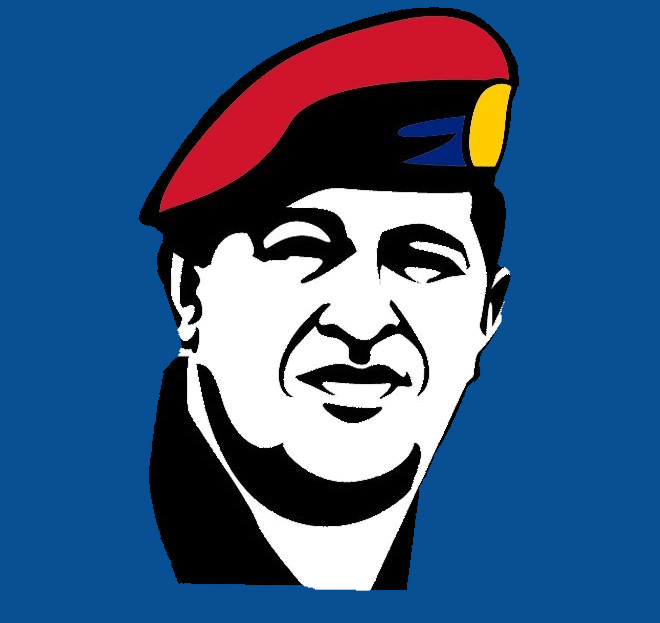Relationship with American Leaders
Newspapers
Chavez’s constant rivalry with Bush became one of his principal identifiers. Whether or not Bush was mentioned, the media often connected anti-imperialist statements to his anti-Bush ones to downplay the discursive power that imperialism has in Chavez’s context and a broader Latin American one. For example, when Chavez would say that the US was attempting to assassinate him, even after Pat Robertson advocated for his assassination, the US media painted his words as a wild – a ridiculous conspiracy. Therefore, by strategically not providing the context of US intervention and the destructive power of neocolonialism and imperialism in Latin America, Chavez is written off as a hysterical rambler. Chavez was frequently reduced down to his relationship with Bush with frequent qualifiers such as “Bush’s greatest rival” or “an enemy of Bush” to construct the image that Chavez was anti-Bush and, therefore, the anti-United States as a whole. A discourse of Chavez being against American values may translate to readers as Chavez being against Americans, which publicly justified intervention and policy against Venezuela.
Videos
Since the general strike in Venezuela, the most covered event in President Bush’s term was when Hugo Chavez called Bush the devil. From this moment on, Chavez is Bush’s “nemesis” and adding to “anti-American sentiment.” The narrative that Venezuela becomes an enemy makes it easier to call him a weak president that the United States can control.
